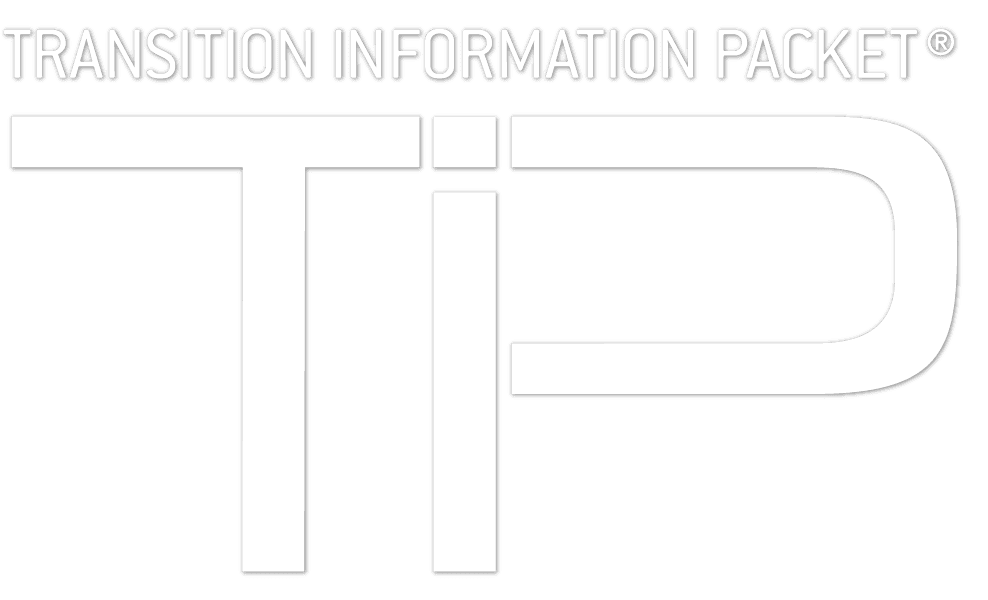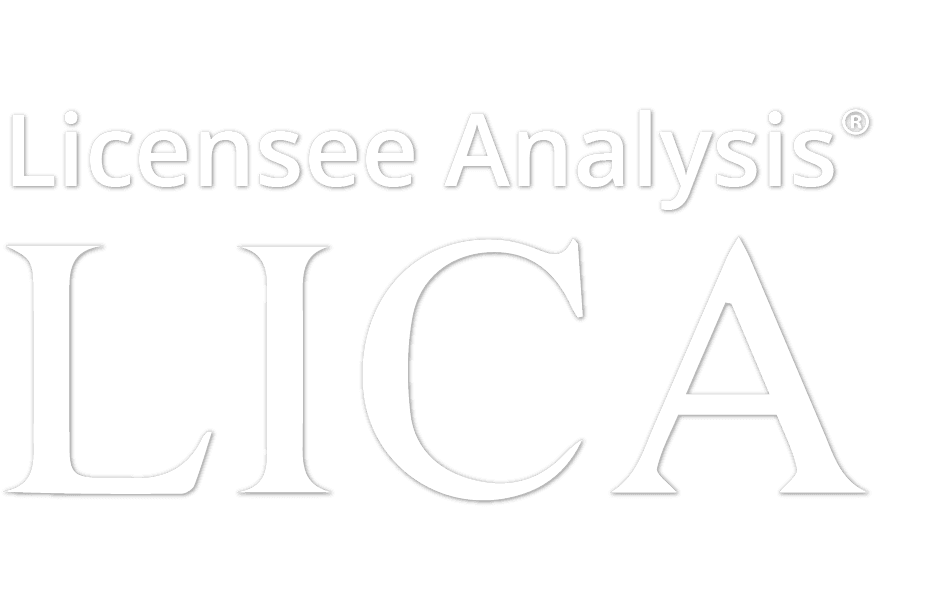The Alaska Phase 0 Program
Mark Malagodi
Director, TREND
TREND: The Technology Research and Development Center of Alaska, 430 W. 7th Ave. Suite 110
Anchorage, AK 99501-3550
Tel. (907) 786-7295
Email: mark.malagodi@aksbdc.org
TREND partners with the Experimental Program to Simulate Competitive Research (EPSCoR) to offer the Phase 0 program. Phase 0 provides grants of up to $5,000 to assist small businesses with SBIR/STTR proposal preparation. A second level of funding, the Bridge Grant, is available to those Alaskan companies with current Phase I or II awards or Phase III commercialization efforts in process. Bridge Grants are up to $20,000. The Alaska Phase 0 Program is an optional and auxiliary phase designed to give Phase I and Phase II proposals a greater rate of success by providing expert reviews and financial support.
To be eligible for full Phase 0 funding applicants must:
- Be an Alaskan resident or business
- Submit a draft of their SBIR or STTR proposal to TREND at least 5 weeks prior to the federal solicitation deadline
- Consult with TREND to identify best use of funds for proposal development
Application Process
Complete Phase 0 Application and submit to TREND.
Phase 0 provides grants of up to $5,000 to assist small businesses with SBIR/STTR proposal preparation. A second level of funding, the Bridge Grant, of up to $20,000 is available to those Alaskan companies with current Phase I or II awards or Phase III commercialization efforts in process.
Emerging Energy Technology Fund (EETF)
Josh Craft, EETF Program Manager Alaska Energy Authority
813 West Northern Lights Blvd.
Anchorage, AK 99503
Tel. (907) 771-3043
Email: jcraft@aidea.org
The Alaska State Legislature created the Emerging Energy Technology Fund (EETF) to promote the expansion of energy sources available to Alaskans. EETF grants are for demonstration projects of technologies that have a reasonable expectation of becoming commercially viable within five years, and are designed to:
- Test emerging energy technologies or methods of conserving energy;
- Improve an existing energy technology; or
- Deploy an existing technology that has not previously been demonstrated in Alaska.
Energy technology has been defined as technology that promotes, enhances, or expands the diversity of available energy supply sources or means of transmission, increases efficiency, or reduces negative energy-related environmental effects. Energy technology includes technology related to renewable sources of energy, conservation of energy, enabling technologies, efficient and effective uses of hydrocarbons, and integrated systems.
To be eligible for an EETF grant, an applicant must:
- be an eligible applicant under AS 42.45.375; and;
- demonstrate that the applicant will
- (A) own, operate, and maintain the emerging energy technology project, unless the grantee obtains the authority’s consent under (b) of this section;
- (B) own, lease, or otherwise have adequate legal access to the site upon which the project is located; and
- (C) provide adequate demonstration of the technology.
Additionally, AS 42.45.375 legislation for the EETF grant program stipulates that priority should be given to:
(1) Alaska residents, associations, organizations, or institutions;
(2) projects that demonstrate partnership with the University of Alaska or another Alaska postsecondary institution;
(3) projects supported by matching funds or in-kind partnerships; and
(4) projects with potential for widespread deployment in the state.
The Alaska Energy Authority (AEA) will process grant applications in two steps. In step one, AEA will solicit and review abstracts, and select proposal abstracts for further evaluation. In step two, AEA will solicit a full proposal from applicants that submitted abstracts that have been selected for further evaluation. In step two, the AEA will also review and evaluate full proposals to determine who will be awarded emerging energy technology grants. Public notice of the request for grant applications (RFA) is published on the Alaska Energy Authority (AEA)’s website, and on the Alaska Online Public Notice System, or through other media outlets. The notice will establish the date, time, place, and method for submitting abstracts to the authority, the necessary documentation to be included with the abstract, and the format and size for the abstract and documentation.
These abstracts are reviewed by AEA and the EETF Advisory Committee, which will select proposal abstracts for further evaluation. In step 2, selected applicants may be invited to submit more detailed proposals and give in-person presentations from which funding selections are made.
The third solicitation for applications was published in September 2016 and prioritized microgrid and microgrid enabling technologies. Seven applications were received, of which two were selected for funding. One of the grant agreements is in place and the other is being negotiated.
EETF Round III is funded by a competitively awarded federal grant of $250,000 from the U.S. Department of Energy (DOE) and required $250,000 state match.
NSEDC (Norton Sound Economic Development Corporation) Small Business Initiative
Paul Ivanoff III, NSEDC Unalakleet
P.O. Box 193
Unalakleet, AK 99684
Tel. (800) 385-3190
Fax (907) 624-3183
Email: pivanoff@nsedc.com
Stanley Pearson, NSEDC Anchorage
2701 Gambell St.
Suite 400
Anchorage, AK 99503
Tel.: (800) 650-2248
Fax: (907) 274-2249
Email: spearson@nsedc.com
The NSEDC Small Business Initiative is designed to provide funding for promoting and developing business ideas that will stimulate and facilitate economic development in the Norton Sound, Alaska region in an effort to help alleviate that region’s social and economic issues.
- Applicant must qualify as a Norton Sound resident and be at least 18 years of age
- Applicant or the business must not have any outstanding financial liens or judgments
- The proposed business concept must directly benefit, by either expanding or establishing a business, at least one (1) of NSEDC’s fifteen (15) member communities.
- Must not have previously been a Small Business Initiative (SBI) grant awardee
After a series of reviews and interviews by an independent panel of judges, selected entrepreneurs present their ideas to the same independent judges in person for the opportunity to be awarded a grant of up to $50,000. The application period now occurs every other year (during odd years), and generally opens after the new year, and closes in mid-July. The application evaluation and judging process takes place in August and September, with award recipients notified by October.
Awards for a maximum of three grantees will be announced after the final review. A maximum of $50,000 may be applied for.
Updated: Diane Meade, March 2018



